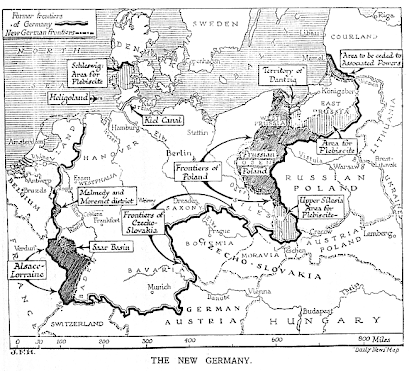
Education Minister Dr. Nazım revised the list and promised to send boys
from rural Anatolia, rather from the cities but in the middle of 1918 only
150 orphans could be sent.
According to Nazan Maksudyan, for the Germans, the project was part of
their plan to exert influence on the Ottoman population and in line with
German colonialist thinking. As for the Ottoman state, it wanted to
eliminate the expense of keeping the boys and mostly 'unsuccessful' types
of children, who were poor in school, were shipped to Germany. The
Germans kept detailed records of where the boys were sent and which
craft they learned, whereas the Ottomans were only interested in the
numbers.
The German craft-masters were quite strict and incompetent boys were
weeded out, with 25% sent back to Turkey in two months alone. So by
the end of 1918, the number of remaining Ottoman orphans in Germany
dipped to 40%, counting runaways and disappearances. The bilateral
agreement stipulated that the boys would work for room and board, but
no pay, for three years and begin to get a salary in the fourth year. There
was supposed to be money in the pact for the boys' work clothes but this
never materialized and the craft-masters were stuck with the bill if they
wanted to keep the boys working.
Most of the orphans went to Germany with high hopes but they were
mostly disappointed. For example, Mazhar and Mustafa Osman went to
work in a mine in Fürstenwalde but they ran away. Others, thinking they
would learn a craft, ended up in the iron and coal mines. Boys working
in the Goslar/Harz mines were housed with German boys and quickly
learned German but fights between the children were plenty, as well. One
incorrigible Ottoman orphan leader was 'Black Mehmed Tevfik'.
The Germans found the boys to be rowdy and uncouth, lacking in
work-ethic, obedience and discipline. In addition, the Ottoman boys
refused to eat pork, which was cheap, and wanted rice, sugar and bread,
which were expensive in the War years. The boys continued to run
away and if caught, were returned to their worksite. The others fell
into poverty and a few reached the Ottoman embassy to ask for return
to Turkey.
With the end of the War and the Ottoman-German defeat, DTV decided
to send the orphans back to Turkey. In the middle of 1919, Ottoman
diplomats and soldiers in Germany arranged for the ships 'Akdeniz' and
'Gülcemal' to transport the boys back to their homeland.
//END of PART II//


Hiç yorum yok:
Yorum Gönder